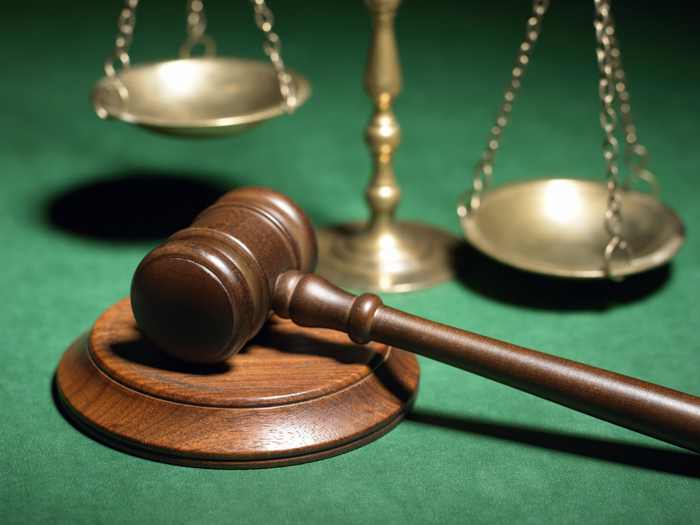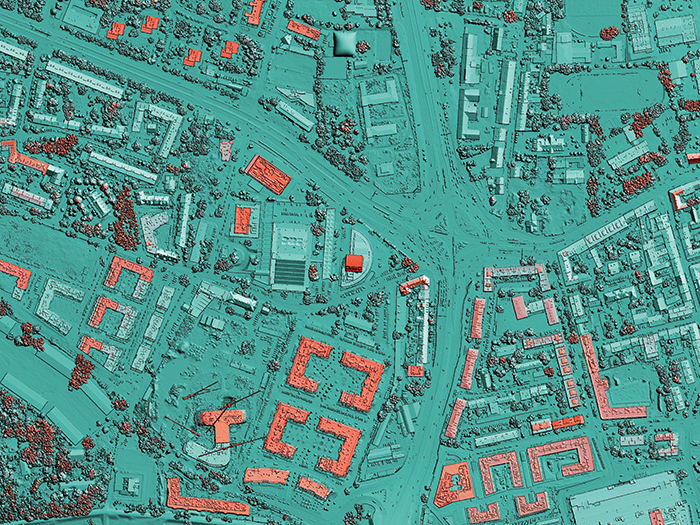You Be the Judge
Is Accident After Holiday Lunch Compensable?

A supervisor for the Department of Public Safety sent emails inviting employees to attend a holiday lunch at a public restaurant “to celebrate the department’s hard work.” Attendance was voluntary, and attendees were required to pay for their own meals, though they benefitted from a group discount offered by the restaurant. Two technical support analysts decided to attend the holiday lunch and rode to the restaurant in a state-owned vehicle, which had been signed out by a coworker.
Less than half of the employees who were invited attended the lunch. Attendance was not taken at the lunch, and no awards were presented. No formal speeches were given at the lunch, but three supervisors made brief remarks welcoming the attendees and thanking them for their service.
After the lunch, while the analysts were traveling on a public street toward their workplace, the coworker who was driving encountered a patch of ice and lost control of the vehicle. The vehicle crashed into a tree. One analyst was paralyzed from the chest down. The other analyst sustained a concussion and some cuts and bruises.
The analysts sought workers’ compensation benefits. The Industrial Commission concluded that their injuries did not arise out of or occur within the course and scope of their employment. The analysts appealed.
[poll id=”127″]
The analysts argued that in selecting the location and date of the lunch, the department increased their risk of having a motor vehicle accident. The court explained that the increased risk analysis did not apply where a worker voluntarily attends a social event which itself does not arise out of the employment and is injured due to a risk that is common to the public while traveling on a public road to the event.
A is incorrect. For a social event to be considered a benefit to the employer, the benefit must not be “merely in a vague way through better morale and good will but through such tangible advantages as having an opportunity to make speeches and awards.”
C is incorrect.The court found the fact that the analysts were riding in a vehicle provided by the department did not bring the accident within the “contractual duty” exception to the coming and going rule. The transportation to the lunch was not “an incident of the contract of” their employment but was provided as an accommodation.
How the court ruled: B.The North Carolina Court of Appeals held that the analysts were not entitled to benefits. Graven v. North Carolina Department of Public Safety, No. COA14-6 (N.C. Ct. App. 07/29/14).
The court found that any benefit to the employer was de minimis. The court pointed out that no awards were handed out at the lunch, the supervisors’ remarks did not rise to the level of a speech, and employees paid for their own meals. The court concluded that the lunch was for the benefit of employees.
Editor’s note: This feature is not intended as instructional material or to replace legal advice.










